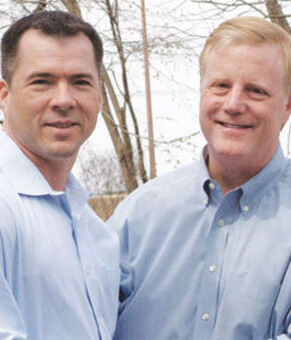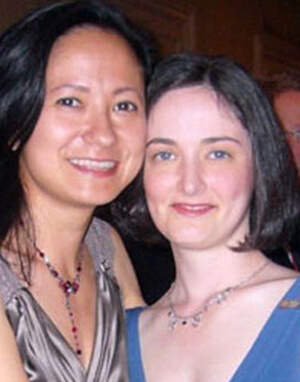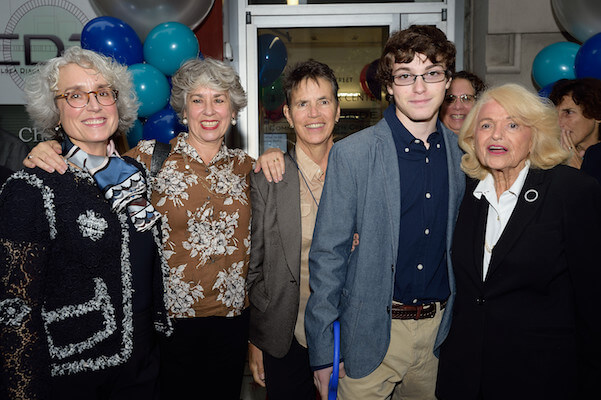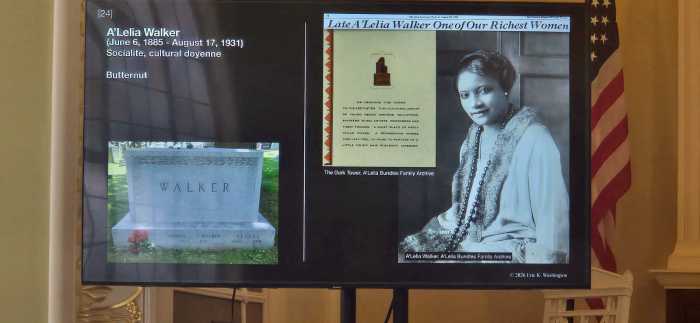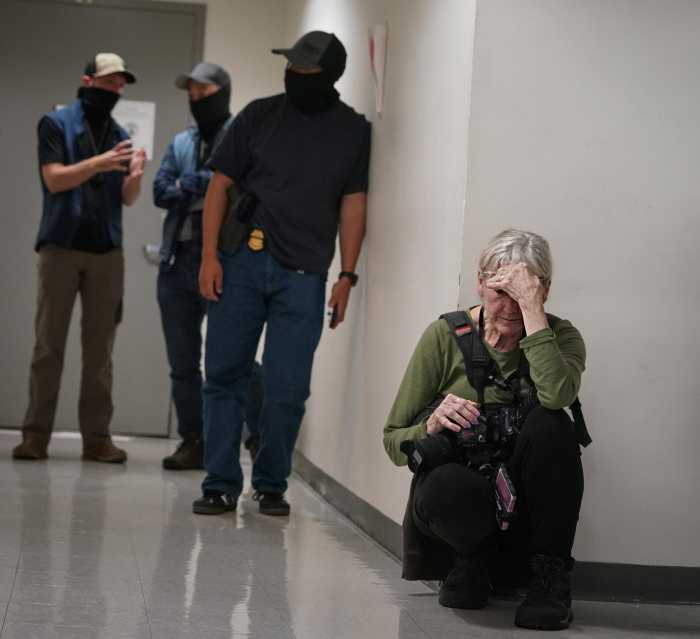Since the US Supreme Court’s landmark ruling in Edie Windsor’s challenge to the Defense of Marriage Act eight months ago, no federal court has ruled against equal marriage rights for same-sex couples. So, it is perhaps no great surprise that a US judge from the Western District of Texas in San Antonio has laid another brick onto what has now become a solid edifice of pro-gay decisions.
On February 26, Judge Orlando L. Garcia ruled that Texas has shown no rational basis for depriving gay and lesbian couples of the right to marry or for refusing to recognize same-sex marriages performed elsewhere. Garcia’s preliminary injunction against the state’s ban on allowing or recognizing same-sex marriages –– based on his finding that Texas would be unlikely to prevail in a trial on the merits of the question –– is the seventh consecutive marriage equality victory in federal court since a district judge in Ohio, shortly after the DOMA ruling, ordered that state to recognize an out-of-state same-sex marriage (for purposes of data required on a death certificate).
However, in light of the Supreme Court’s January ruling that a district court decision striking down Utah’s ban on same-sex marriage the previous month would be stayed pending that state’s appeal, Garcia stayed his injunction as well, as have other recent federal judges ruling in favor of marriage equality.
Preliminary injunction stayed pending Texas appeal; five appellate circuits now weighing gay marriage
The Texas case, just one of several pending there, was among a large number of lawsuits filed in the wake of the DOMA ruling, which found that the 1996 statute’s ban on federal recognition of lawful same-sex marriages violated the right of gay and lesbian people to “equal liberty” under the Fifth Amendment’s Due Process Clause. The high court, of course, did not directly take on the question of whether same-sex couples have a constitutional right to marry, instead ruling that the US government could not discriminate between different-sex and same-sex marriages authorized by the states.
In light of the other six post-DOMA decisions –– in Ohio, Utah, Oklahoma, Kentucky, Virginia, and Illinois (where just last week a federal judge found the Cook County clerk could not delay the issuance of marriage licenses until that state’s marriage equality law takes effect on June 1), it would have been astonishing had Judge Garcia ruled the other way. By this point, a ratchet effect has emerged, with a right repeatedly being recognized and becoming established.
That right will not be fully secure until a definitive ruling comes from the Supreme Court, but every additional district court decision adds more weight to the growing body of precedent.
With the latest victory and Texas Attorney General Greg Abbott’s immediate pledge to appeal, there are now appeals court proceedings pending in the Fourth, Fifth, Sixth, Ninth, and 10th Circuits. Oral arguments in the Utah and Oklahoma cases have been scheduled in the 10th Circuit for April, and the Ninth Circuit is poised to announce its date for oral arguments in a case in Nevada, where marriage equality lost at the district court in a ruling predating the DOMA decision. At least one of these circuits is likely to rule by this coming summer, which means it’s a safe bet the Supreme Court will face the underlying constitutional question –– which it sidestepped last summer in the DOMA and Proposition 8 cases –– by the time it convenes its 2014-15 term in October.
The suit Garcia heard was brought by Texas attorneys Barry Chasnoff and Neel Lane on behalf of Cleopatra De Leon and Nicole Dimetman, who are seeking recognition of their out-of-state marriage, and Victor Holmes and Mark Phariss, who were rebuffed when they sought a marriage license from the office of Bexar County Clerk Gerard Rickhoff in San Antonio.
There was little Garcia could say in his opinion that was new unless he was prepared to depart from what has become the now familiar approach to the issue. Like several other district judges, he toyed with the question of whether a marriage ban, when facing an equal protection claim of sexual orientation discrimination, should be subjected to a heightened level of judicial scrutiny, under which Texas would have to show a compelling justification for its policy. As did the other judges, however, Garcia concluded that resolving that question was unnecessary since the state’s arguments in defense of barring same-sex marriage failed to meet even the most lenient or deferential standard of review. He found that none of Texas’ justifications –– similar to those made by state after state –– was even rational.
“There is no doubt that the welfare of children is a legitimate state interest,” Garcia wrote in examining one typical justification. “However, limiting marriage to opposite-sex couples fails to further this interest.” In fact, he found, the marriage ban “causes needless stigmatization and humiliation for children being raised by the loving same-sex couples being targeted.”
Texas’ policy, Garcia wrote, “is not connected to any legitimate interest that justifies the denial of same-sex marriage or recognition of legal out-of-state same-sex marriages.”
Regarding the plaintiff couples’ due process argument, Garcia did hold Texas to a judicial standard of strict scrutiny, since the Supreme Court has on numerous occasions identified the right to marry as a fundamental right that cannot be abridged without some legitimate compelling interest. The judge rejected Texas’ contention that the case was about some new “right to same-sex marriage,” finding that the right at issue was the same one now enjoyed by different-sex couples in Texas.
“Defendants have failed to identify any rational, much less a compelling, reason that is served by denying same-sex couples the fundamental right to marry,” he wrote.
Garcia also found that Texas is not free to do what the Constitution prohibits the federal government from doing –– denying recognition to legal same-sex marriages from other jurisdictions. Even though the portion of DOMA that purports to allow states to deny recognition to same-sex marriages from elsewhere was not struck down last summer, the judge found that “Congress does not have the power to authorize individual States to violate the Equal Protection Clause.” Texas, he concluded, had provided no justification for denying such recognition “that is not related to the impermissible expression of disapproval of same-sex married couples.”
As have all the federal judges who have recently ruled on marriage equality claims, Garcia, in no small irony, found support for his conclusions in recent dissenting opinions of Justice Antonin Scalia in gay rights cases –– most notably his dissent in the 2003 Texas sodomy case. Scalia argued that the reasoning behind the sodomy ruling eliminated the ability of states to rely on tradition and moral disapproval as grounds for denying same-sex couples the right to marry. Garcia agreed, finding that Texas could not cite tradition as a justification for its marriage ban.
Garcia was appointed to the federal bench in 1993 by President Bill Clinton.

